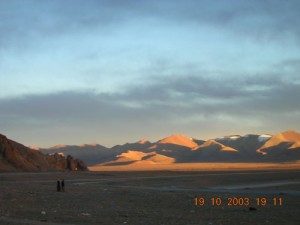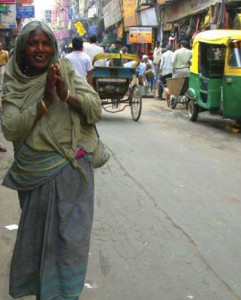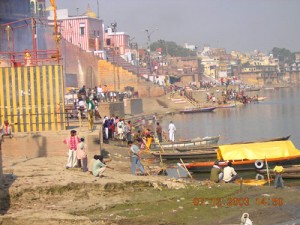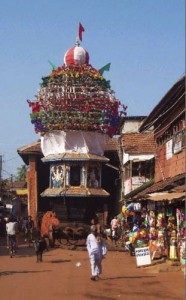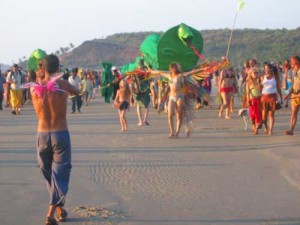Suzan Crane explores ancient wonders and recent terrorist attacks in Egypt. (Originally published in Untamed Travel, August 2006)
The hospital was a simple concrete building with no signage. A camel was parked outside next to the steps on which five civilian garbed men – including the 26-year-old doctor and his even younger nurse – were smoking cigarettes. Inside, peeling paint hung like stalactites from a crumbling ceiling in an unmanned reception area that consisted of a lone rusty metal desk. The place was deserted. I cautiously limped into an examining room with these questionable medical practitioners, feeling at once foolish and grateful that my malady was nothing more serious than an infected foot wound.
This was Egypt and I should be describing the fabled pyramids of Giza, the majestic Sahara desert, the antiquities of Luxor, but this pathetic hospital in tiny Nuweiba, Sinai where a rookie doctor advanced with a syringe while insulting America remains a vivid memory.
But the negative reaction to my Americanism was, thankfully, an isolated incident. Truth be told, I had minor concerns about my reception in Egypt – especially in light of today’s inflammatory political climate and media-induced stigmatization of Muslims. But more ominously, my ill-timed arrival was closely preceded by a fatal bombing in Dahab, the third to hit Sinai’s beautiful Red Sea coast – two previous explosions having afflicted Sharm El Sheikh and Taba – in recent years. Though the attack had an adverse effect on Egypt’s usually fecund tourist trade, my trepidation was unfounded. In fact, the affability of the nationals verged on annoyance. Okay, most of the greeters were men, as women don’t generally interact here (except in Cairo – few are even visible). And yes, there was some lascivious intent, but this was not dissimilar to the unwanted attention one tolerates in India, so no problem.
 Read more…
Read more…
 51-year old Suzan Crane gave up a cushy life to travel gypsy-style wherever the wind blows her. Does she get lonely? Does she miss the U.S.? And how does she fit all her stuff in one bag?
51-year old Suzan Crane gave up a cushy life to travel gypsy-style wherever the wind blows her. Does she get lonely? Does she miss the U.S.? And how does she fit all her stuff in one bag?
 Read more…
Read more…